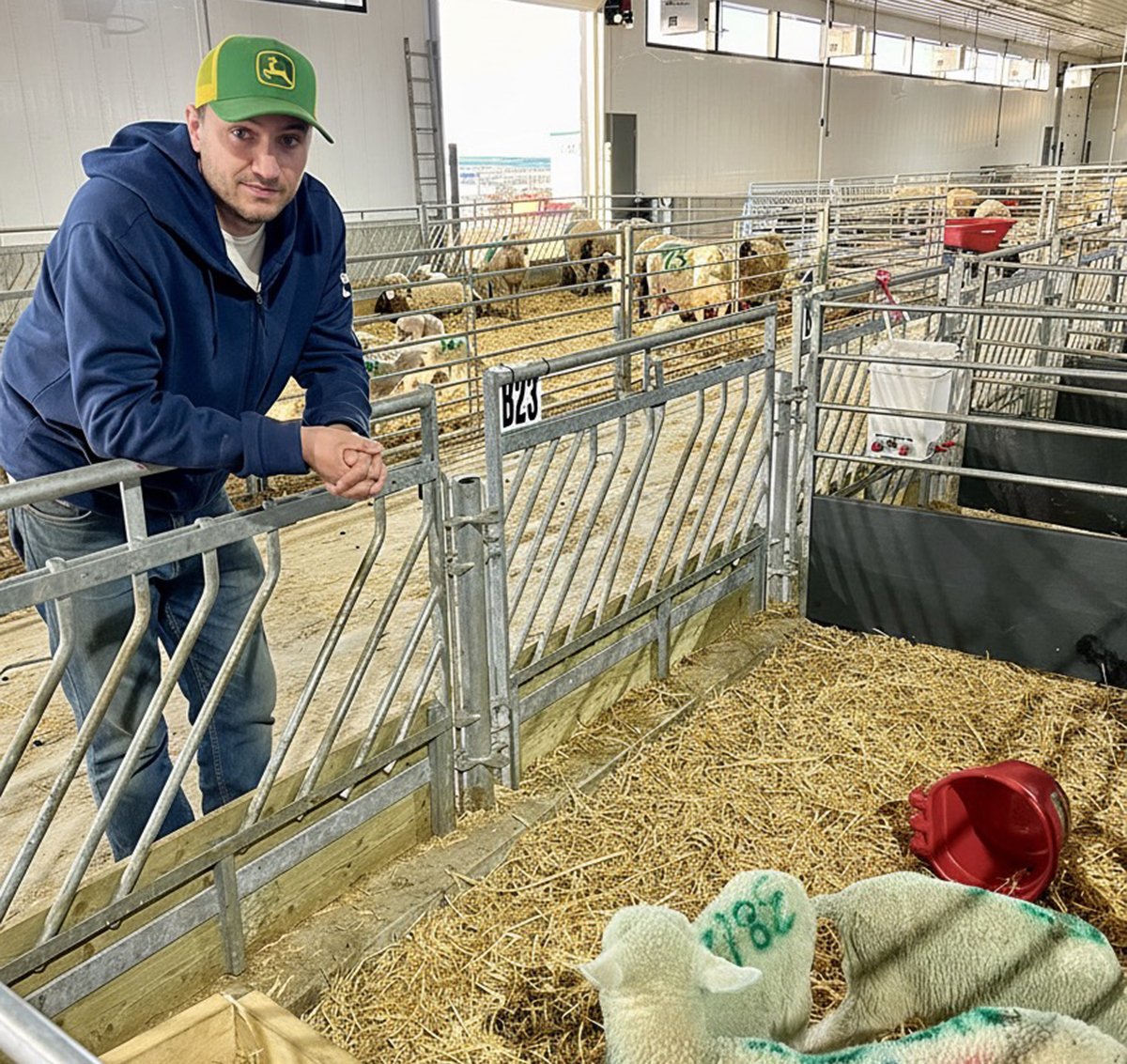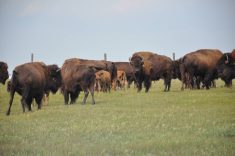When Josie Smart asked farm families what could have been done to help them through the BSE crisis, the common response was, “nothing.”
The social anthropologist from the University of Calgary found that troubling as she pursued studies into how the BSE crisis in Canada continues to affect farm families and rural communities.
Her study started 10 months ago with support from the Alberta Prion Research Institute and is part of a larger social study of how BSE affected Canadians.
Smart spent the summer with two farm families in Bonnyville, Alta., where she interviewed family members and people in the community.
Read Also

Solar, sheep provide valuable farm diversification
Eric Steeves says raising sheep on forages grown under solar panels provided economic stability and perhaps even saved his family’s fifth generation southern Alberta grain farm.
“BSE had a tremendous negative impact on the people in the community,” she told the annual meeting of PrioNet Canada, a community of biomedical and social science scholars studying the impacts of prion related diseases.
Her studies will look at how the crisis affected the economy and consumer confidence in nine rural communities, the effect of increased slaughter capacity and how the media handled coverage of the BSE crisis.
Smart’s colleague, Ellen Goddard of the University of Alberta, said economic impacts differed across the country. While impacts on farm cash receipts were not as profound as expected, Goddard said stress and financial losses were heightened on an individual basis.
The oil and gas boom masked the impact because most farm families rely on off-farm income to support them. The Bonnyville area was further stressed because of drought and severe grasshopper infestations before BSE was discovered in 2003.
Smart found people handled stress in different ways.
They took out more loans, liquidated assets and reduced personal and business expenses. Some cashed in Registered Retirement Savings Plans. The unintended consequence is that the older generation cannot retire when expected because the retirement fund is gone.
Graduate student Troy Slozek from the University of Manitoba is looking at how farms were affected across the Prairies. The public may think the crisis ended when the border opened to younger cattle in July 2005, he said, but the lingering effects remain.
He is conducting written surveys and focus groups to get a sense of what happened to communities. The survey is already revealing high levels of frustration and pessimism regarding the future of farming.
Carol Amaratunga of the University of Ottawa and Wilfreda Thurston of the University of Calgary are exploring how the BSE crisis affected family health.
The social impact studies will be part of a larger prion disease risk management strategy, said Daniel Krewski of the University of Ottawa.
As soon as the risk became apparent Canada should have been able to mobilize, but it did not. Generally there is a lack of attention paid to emerging issues in this country, he said.
“Nobody wants to spend money on an issue until it is too late.”
A well developed risk management policy could have saved a lot of money and hardship, Krewski said.
The work will assess the risk of prion diseases, social effects, public health needs and the potential for bioterrorism and develop better crisis management plans and policy.
Studies will also draw on information from sources around the world.















